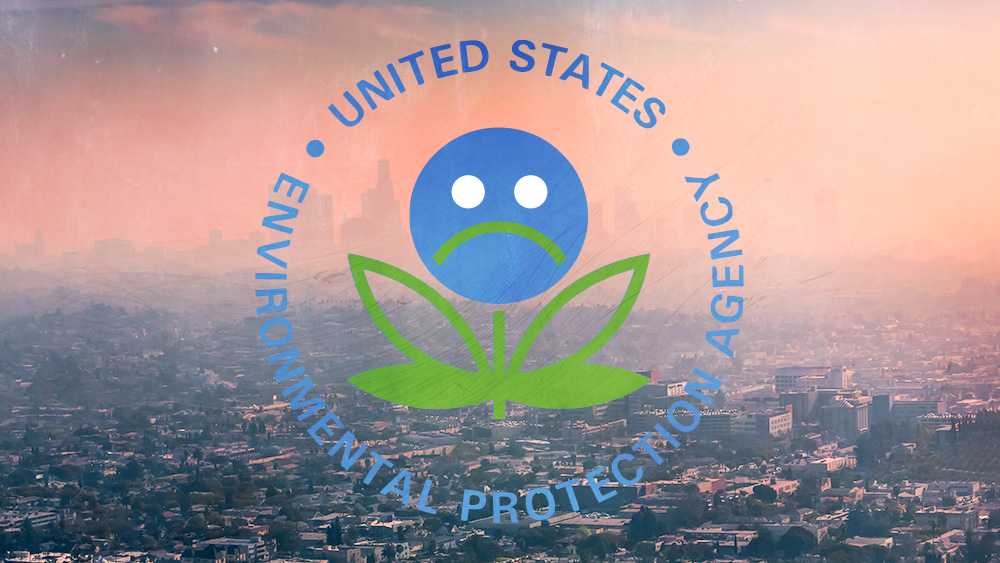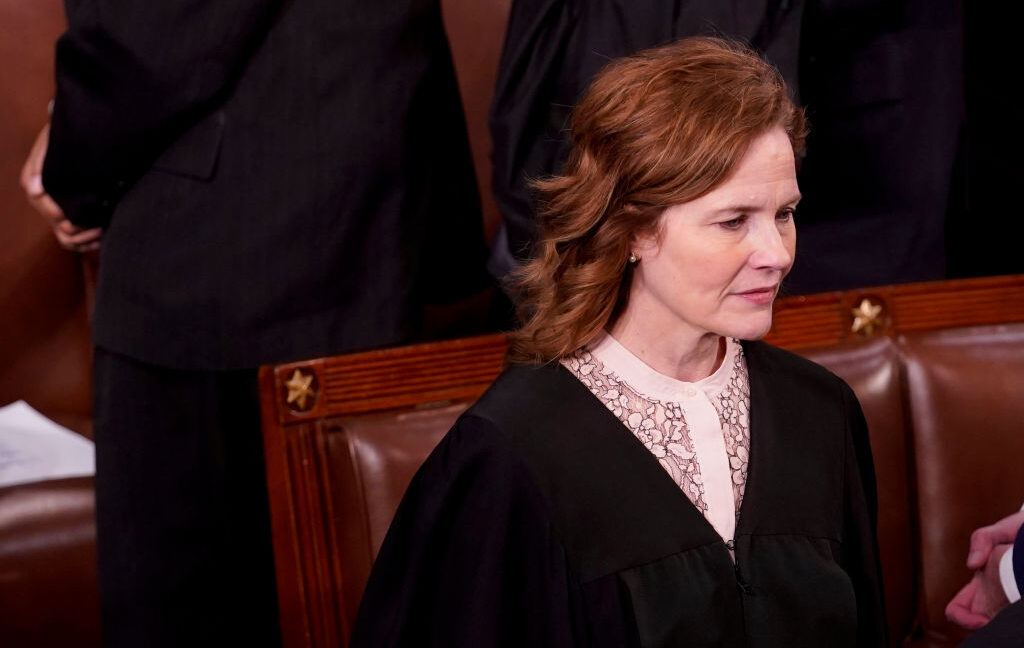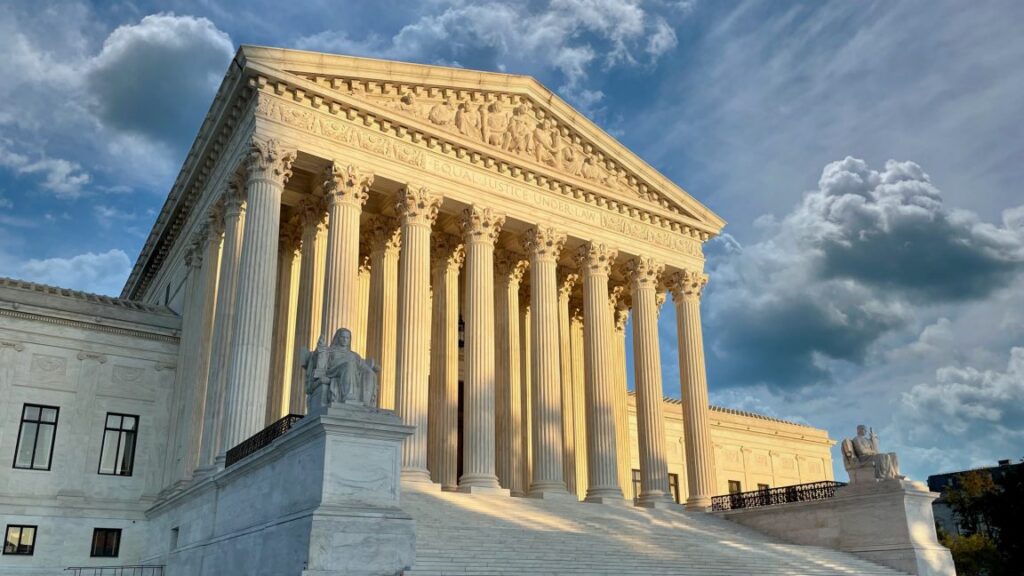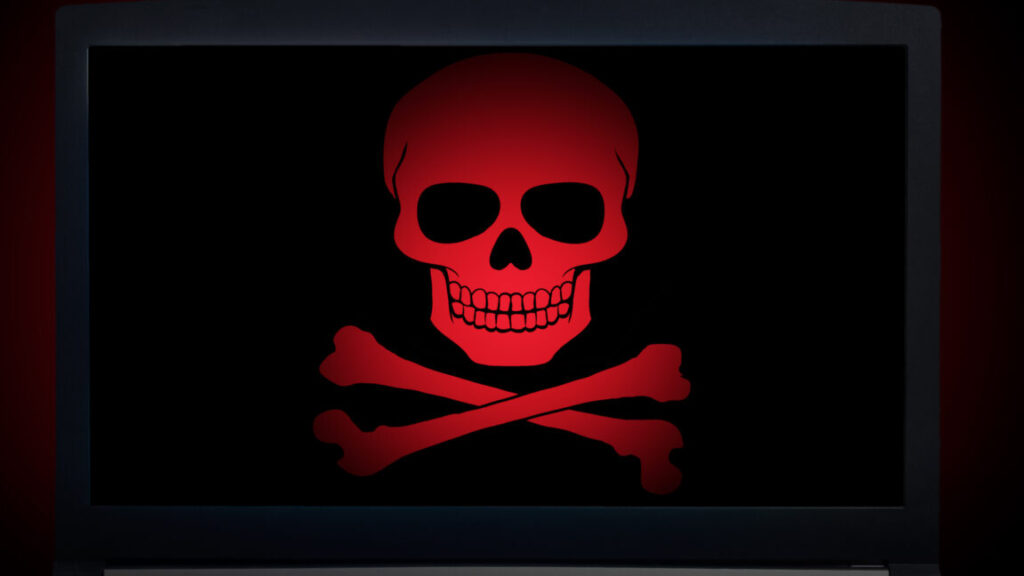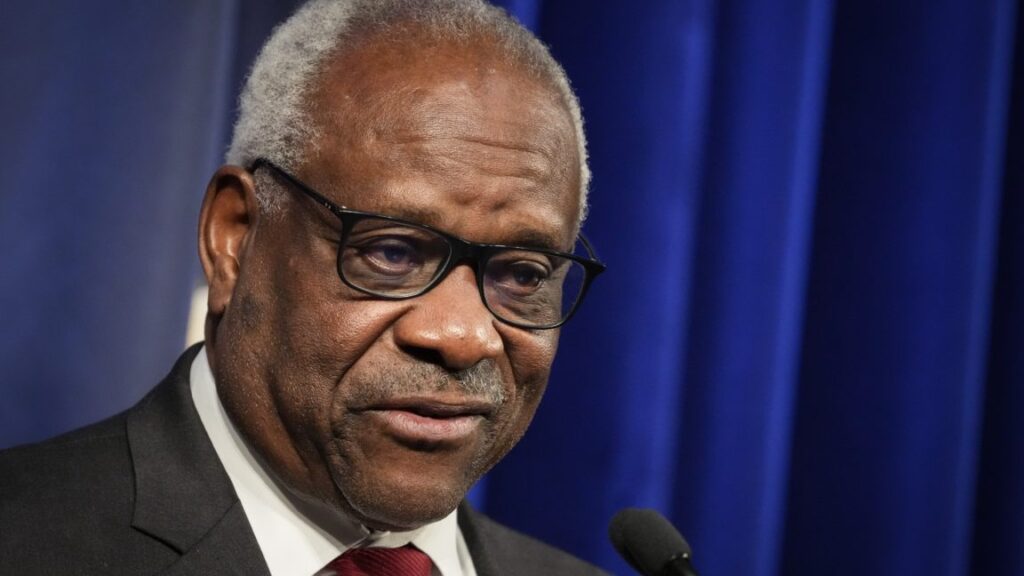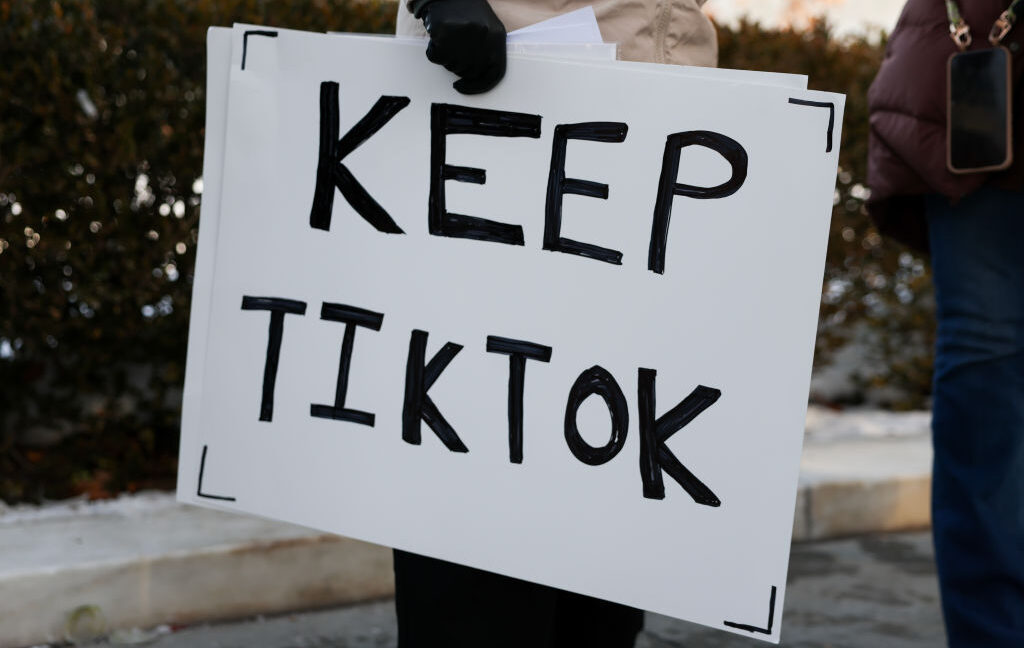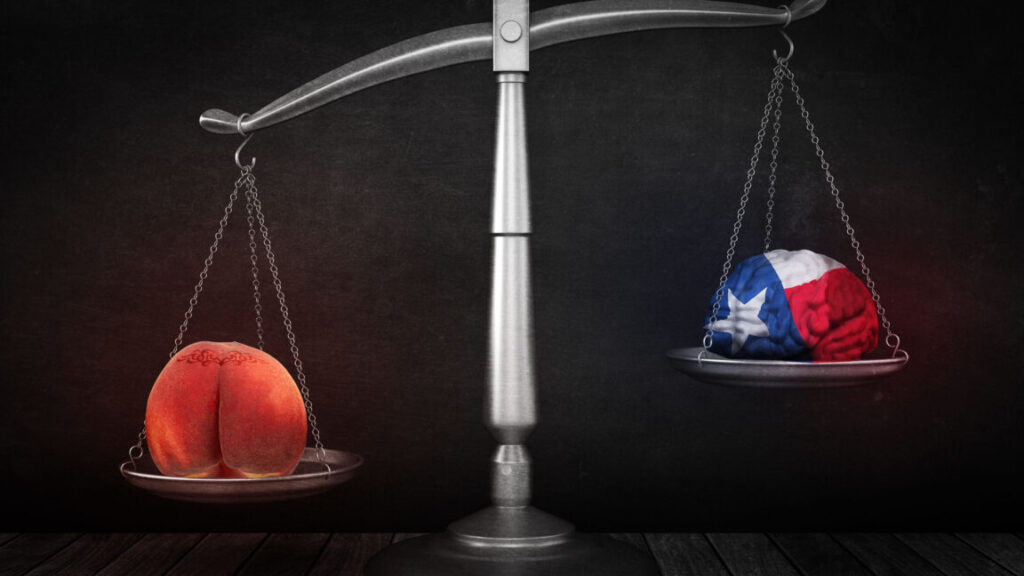EPA kills foundation of greenhouse gas regulations
In a widely expected move, the Environmental Protection Agency has announced that it is revoking an analysis of greenhouse gases that laid the foundation for regulating their emissions by cars, power plants, and industrial sources. The analysis, called an endangerment finding, was initially ordered by the US Supreme Court in 2007 and completed during the Obama administration; it has, in theory, served as the basis of all government regulations of carbon dioxide emissions since.
In practice, lawsuits and policy changes between Democratic and Republican administrations have meant it has had little impact. In fact, the first Trump administration left the endangerment finding in place, deciding it was easier to respond to it with weak regulations than it was to challenge its scientific foundations, given the strength of the evidence for human-driven climate change.
Legal tactics
The second Trump administration, however, was prepared to tackle the science head-on, gathering a group of contrarians to write a report questioning that evidence. It did not go well, either scientifically or legally.
Today’s announcement ignores the scientific foundations of the endangerment finding and argues that it’s legally flawed. “The Trump EPA’s final rule dismantles the tactics and legal fictions used by the Obama and Biden Administrations to backdoor their ideological agendas on the American people,” the EPA claims. The claim is awkward, given that the “legal fictions” referenced include a Supreme Court decision ordering the EPA to conduct an endangerment analysis.
EPA kills foundation of greenhouse gas regulations Read More »
